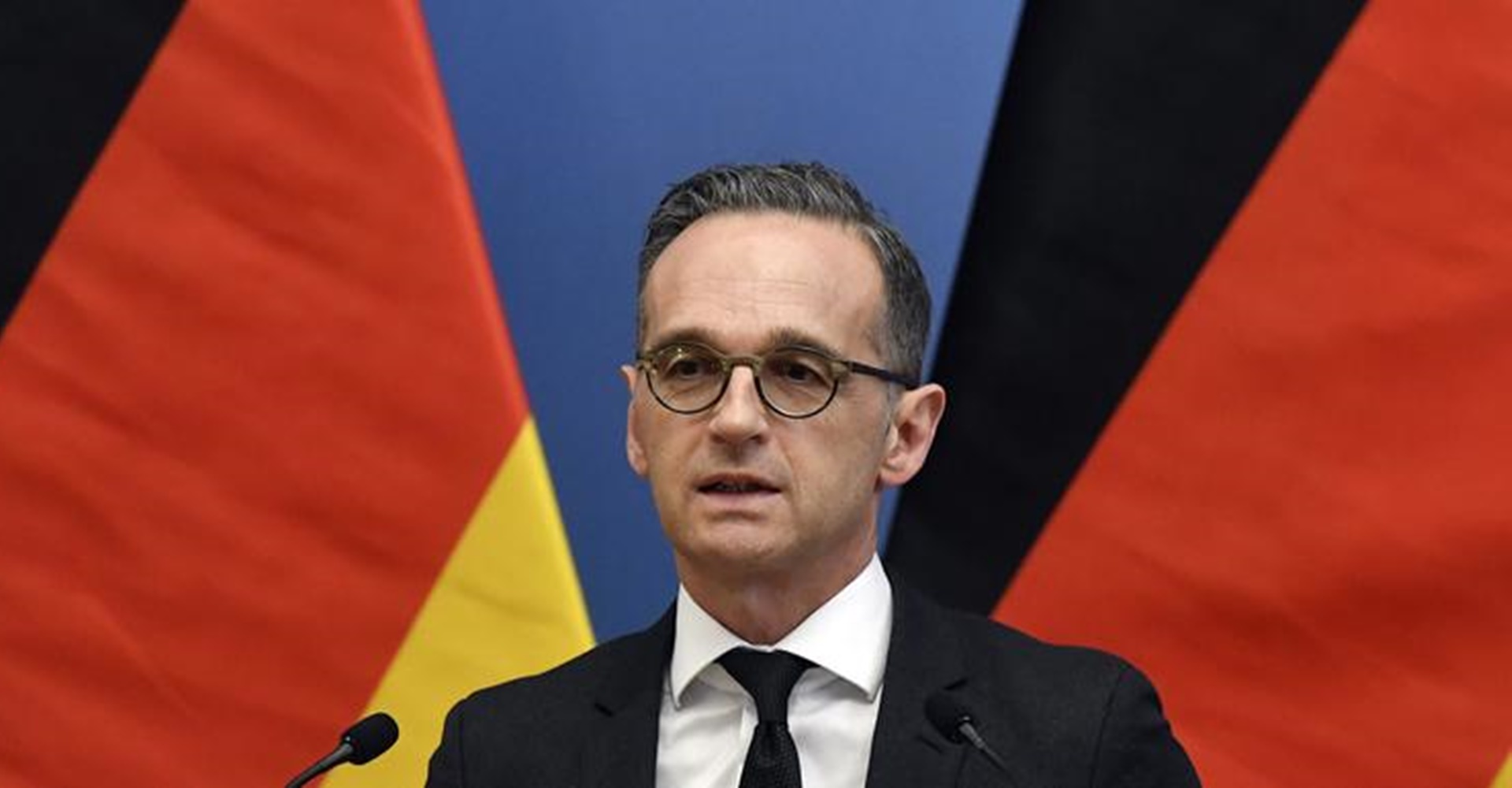In the second half of 2020, Germany will assume the presidency in the Council of the European Union and will thus guide consultations in the bodies of the Council for six months.
The Council of the European Union is the body where ministers from EU countries discuss and adopt legislative provisions. There is no permanent presidency in the Council of the European Union. Every six months, the presidency changes from one EU Member State to the next according to a predefined order.
From July to December 2020, it will be Germany’s turn to assume the presidency in the Council of the European Union.
During any given six month period, the EU country holding the presidency chairs the meetings of the Council of the European Union. During its time in office, Germany will be responsible, among other things, for progressing EU legislation and ensuring that all requirements for legislative procedures are met.
Presidency Programme
The Federal Government has already started deliberations on potential contents of the German EU Council Presidency’s programme. In this context, a part will be played by both the Strategic Agenda of the European Council and the deliberations on the future work programme of the European Commission. Within the Federal Government, the Foreign Office has the lead responsibility for coordinating all activities.
Germany is planning a decentralized presidency – official events will be held at different places throughout Germany. Preparations for the Federal Ministry of Transport and Digital Infrastructure’s events during the German EU Council Presidency have already started.
Trio Presidency
In order to ensure that certain issues can be pursued over a longer period of time, three Member States always cooperate for a period of 18 months during their presidencies. They form the so-called trio presidency. In its trio presidency with Portugal and Slovenia, Germany will be the first to assume the presidency. Portugal will follow after Germany in the first half of 2021 and Slovenia will hold the presidency in the second half of 2021.
For this purpose, there will be a joint trio presidency programme alongside the individual national presidency programmes. This means that key issues and objectives can be addressed and fleshed out over a longer period of time.
The Federal Government wants to work in close cooperation with all EU Member States as well as with its trio partners Portugal and Slovenia.
European economy suffers record drop amid pandemic
The European economy shrank by a record 3.8% in the first quarter as business activity — from hotels and restaurants to construction and manufacturing — was frozen by shutdowns aimed at preventing the spread of the coronavirus.
The drop in the 19-country Eurozone was the biggest since statistics began being collected in 1995 and sharper than the plunge in the midst of the global financial crisis in the first quarter of 2009, after the bankruptcy of U.S. investment bank Lehman Brothers.
The drop compares to a 4.8% contraction in the U.S. during the first quarter as the shock from the outbreak hits economies around the world.
Unemployment rose only slightly, however, even amid the massive shutdowns that idled everything from florists to factories. The jobless figure rose to 7.4% in March from 7.3% in February, statistics agency Eurostat said Thursday. Millions of workers are being supported by temporary short-hours programs under which governments pay most of their salaries in return for companies agreeing not to lay people off.
U.S. unemployment rose to 4.4% in March from 3.5% in February, though the eventual picture is likely far worse. First-time claims for unemployment benefits have skyrocketed in the U.S. as 26 million people applied through the first three weeks of April.
The statistics in Europe likely understate the depth of the fall since shutdown measures were mostly put in place only in March, the last of the three months in the quarter.
Figures from France and Italy showed both countries falling into recession, defined as two quarters of economic contraction. The French economy shrank 5.8%, the most since the country’s statistics agency began keeping the figures in 1949. The drop was particularly pronounced in services that involve face-to-face interaction, such as hotels and restaurants, retail stores, transportation and construction.
The European Central Bank announced new measures Thursday to cushion the region against the record economic downturn.
The monetary authority for the 19 countries that use the euro currency lowered the interest rate on cheap loans it provides to banks. It also offered new credit lines to banks to cushion the economy.
The new ECB measures come on top of stimulus efforts that include an ongoing $818 billion in bond purchases. Those purchases help drive down market borrowing rates for companies and governments. In particular, they have kept a lid on financing costs for heavily indebted Italy, one of the countries hardest hit by the outbreak.
LATimes / BMVI / Balkantimes.press
Napomena o autorskim pravima: Dozvoljeno preuzimanje sadržaja isključivo uz navođenje linka prema stranici našeg portala sa koje je sadržaj preuzet. Stavovi izraženi u ovom tekstu autorovi su i ne odražavaju nužno uredničku politiku The Balkantimes Press.
Copyright Notice: It is allowed to download the content only by providing a link to the page of our portal from which the content was downloaded. The views expressed in this text are those of the authors and do not necessarily reflect the editorial policies of The Balkantimes Press.

